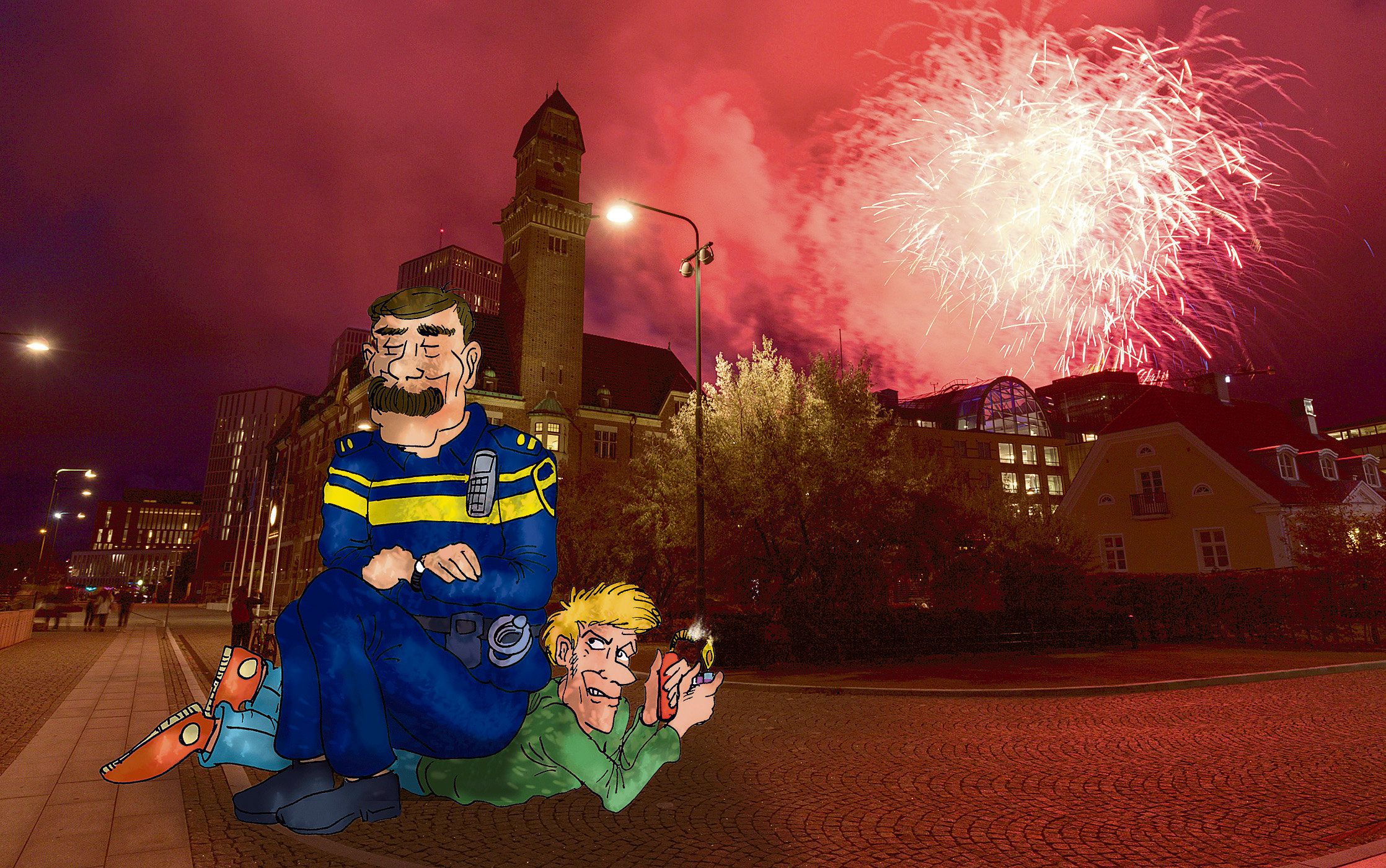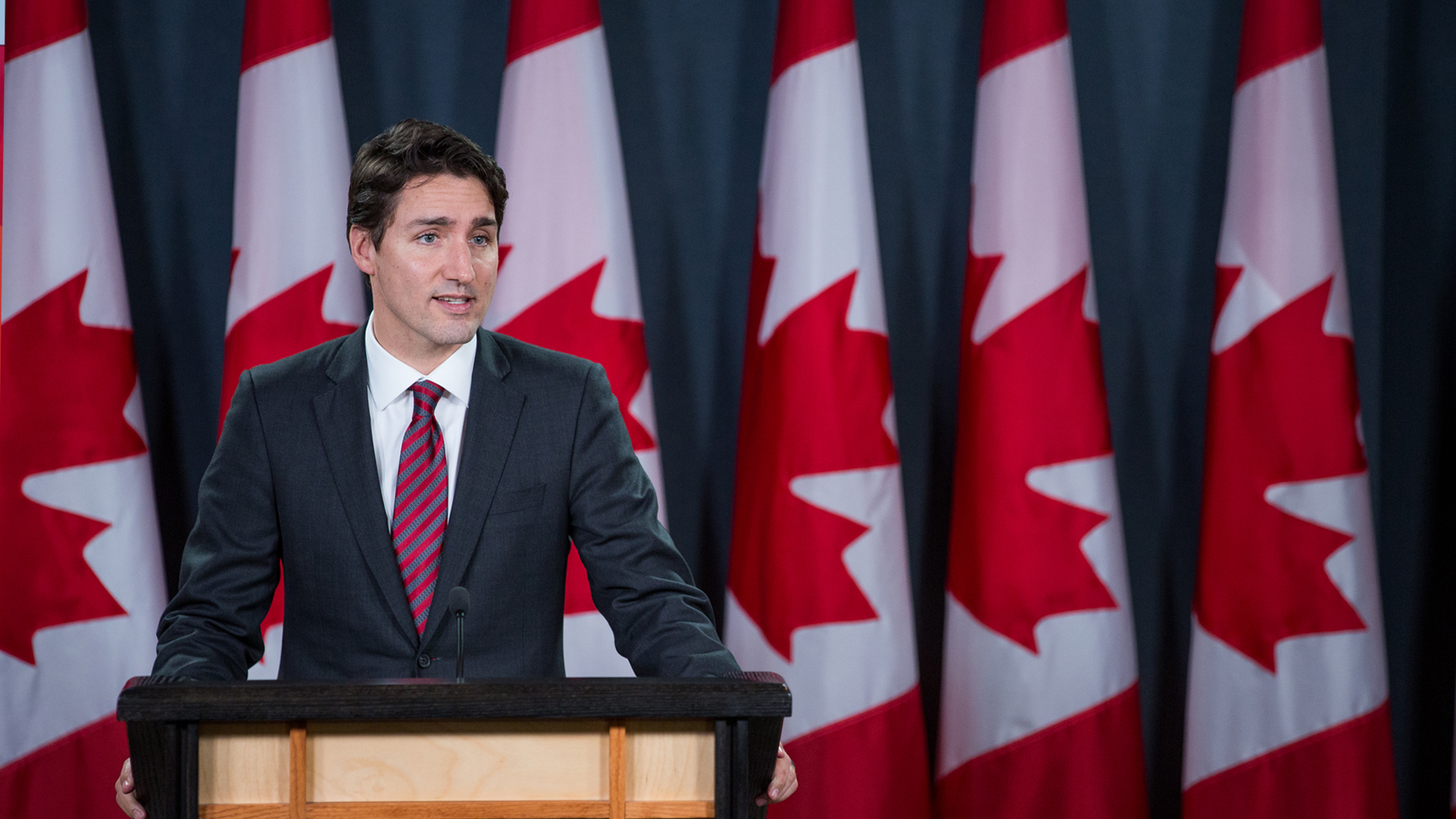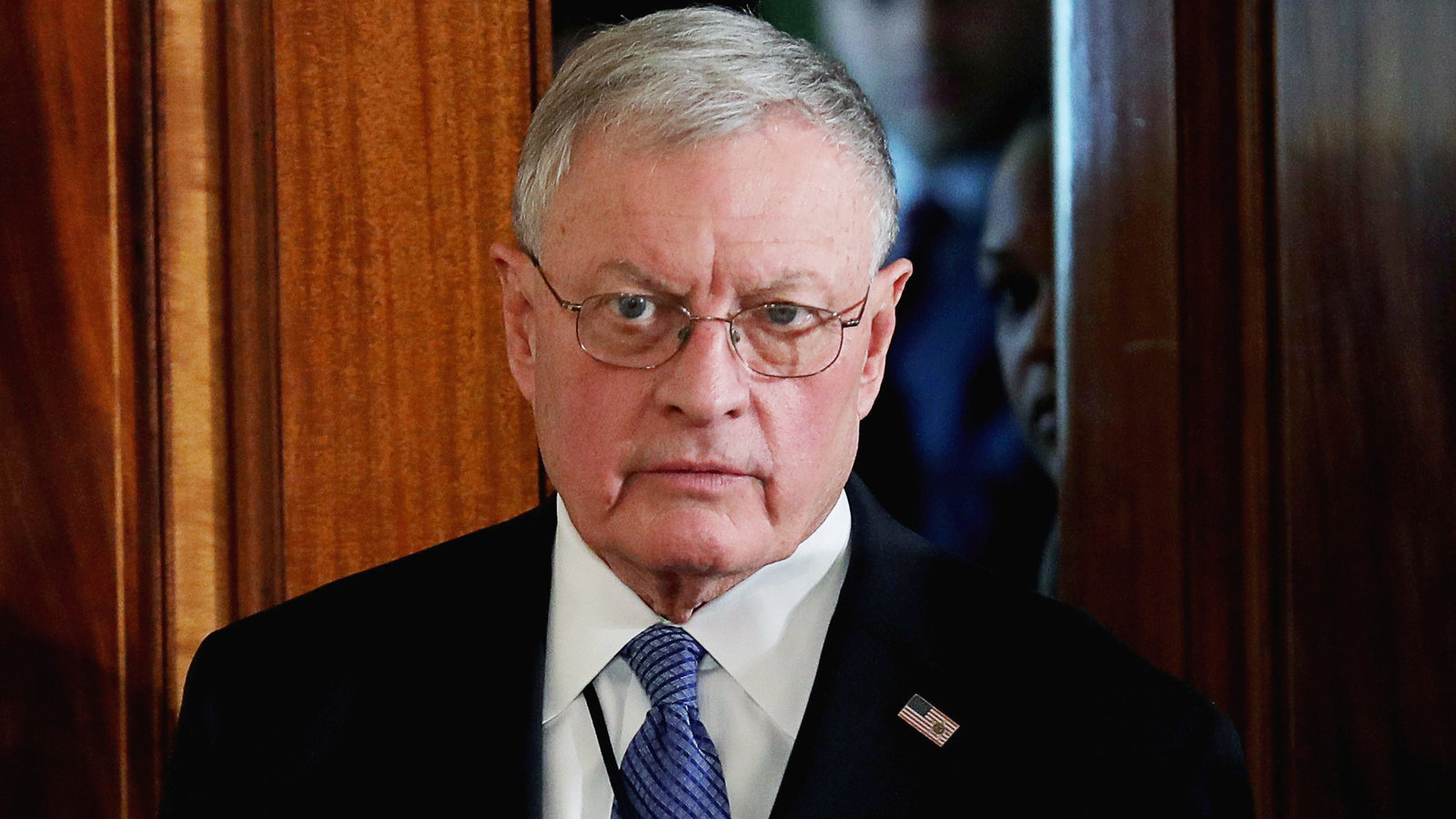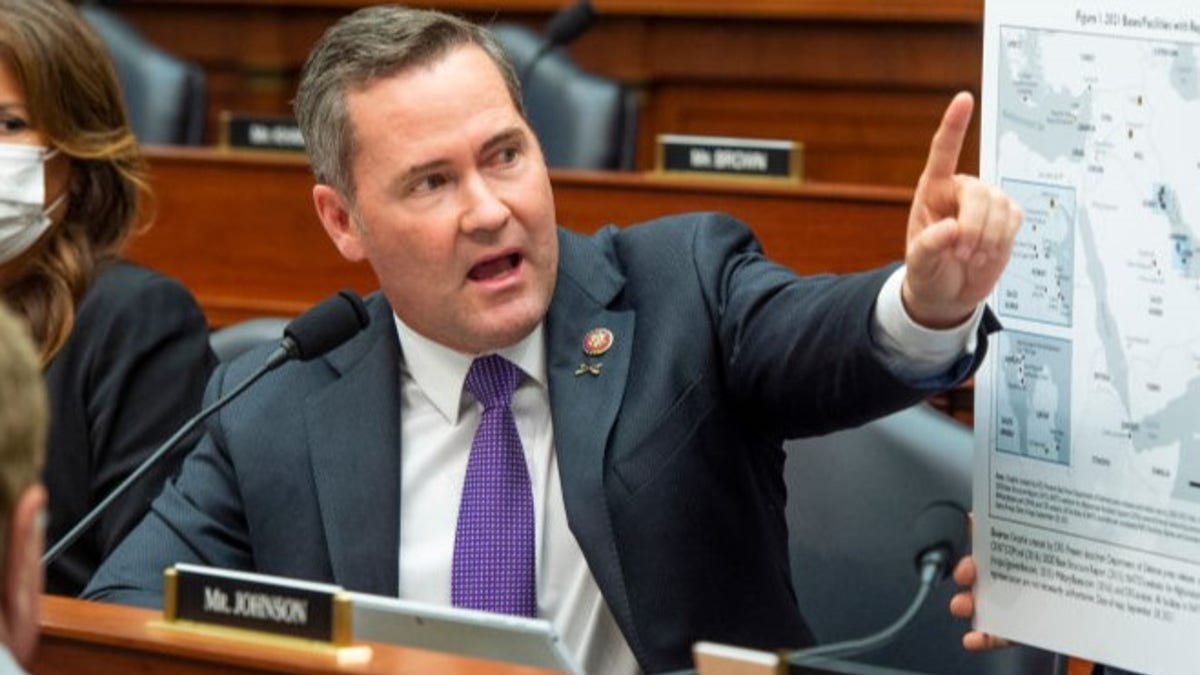Russia's Failed Peace Initiative: Analyzing Putin's Diplomatic Defeat

Table of Contents
Lack of Credibility and Trust
Russia's history of aggression and broken promises significantly undermined the credibility of its peace proposals regarding the Ukraine conflict. This lack of trust among international actors rendered any subsequent peace initiatives suspect and ultimately doomed to failure.
Past Actions Undermine Proposals
- Violation of international law: The 2014 annexation of Crimea and the support for separatists in Donbas represent blatant violations of Ukraine's sovereignty and international law. These actions shattered any remaining trust in Russia's commitment to peaceful resolutions.
- Annexation of Crimea: The illegal annexation of Crimea irrevocably damaged Russia's reputation as a trustworthy negotiator, casting a long shadow over any subsequent peace proposals.
- Support for separatists in Donbas: Russia's ongoing support for separatist groups in eastern Ukraine fueled the conflict, demonstrating a disregard for diplomatic solutions and undermining its own peace initiatives.
- Repeated breaches of ceasefire agreements: Numerous instances of ceasefire violations by Russian-backed forces further eroded international confidence in Russia's commitment to peace.
These actions created a deep-seated distrust, making it nearly impossible for Russia's peace initiatives to gain traction. Any proposals were immediately met with skepticism, given Russia's track record of violating agreements and disregarding international norms.
Unrealistic Demands
The terms presented in Russia's peace proposals were often perceived as unrealistic and heavily biased in Russia's favor, further hindering their acceptance. These unrealistic demands reflected a lack of understanding of the situation on the ground and a disregard for Ukrainian interests.
- Territorial concessions demanded from Ukraine: Russia's demands for territorial concessions from Ukraine were viewed as unacceptable, effectively negating any potential for a negotiated settlement. These demands failed to address the root cause of the conflict—Russia's aggression.
- Lack of accountability for Russian aggression: The absence of any accountability mechanisms for Russia's aggression in the peace proposals further fueled international distrust. The proposals lacked any acknowledgment of Russia's responsibility for the conflict, hindering their acceptance.
The inherent imbalance in Russia's proposed terms demonstrated a lack of willingness to compromise and a belief in its own invincibility, fatally undermining the prospects for a peaceful resolution.
International Isolation and Sanctions
The extensive international sanctions imposed on Russia following its invasion of Ukraine significantly weakened its diplomatic leverage and made it far more difficult to negotiate favorable terms regarding the peace initiative. This isolation hampered Russia's ability to garner support for its proposals.
Weakened Diplomatic Leverage
- Economic sanctions impacting Russia's economy: The sweeping economic sanctions crippled Russia's economy, limiting its ability to exert influence through financial incentives or aid.
- Diplomatic isolation within international forums: Russia's actions resulted in widespread condemnation and expulsion from numerous international organizations, severely limiting its diplomatic reach.
The sanctions effectively reduced Russia's influence on the global stage, making it harder to negotiate from a position of strength and significantly impacting the success of its peace initiatives.
Lack of International Support
Russia's actions have led to widespread international condemnation, resulting in a lack of support for its peace initiatives from key global actors. This lack of support rendered Russia's proposals ineffective.
- Statements of condemnation from Western nations: Numerous statements from Western nations unequivocally condemned Russia's aggression and rejected its peace proposals.
- Lack of support from international organizations: International organizations, such as the UN and NATO, have largely rejected Russia's narrative and refused to endorse its peace initiatives.
The widespread international condemnation created a hostile environment for Russia's peace efforts, making any diplomatic success virtually impossible.
Internal Factors and Domestic Pressure
Internal political considerations within Russia may have also hampered the effectiveness of its peace initiatives. These internal pressures likely influenced Russia's negotiating strategy and objectives.
Internal Political Considerations
- Potential internal dissent regarding the war: While difficult to assess, potential internal dissent regarding the war effort might have created conflicting priorities within the Russian government, affecting the clarity and consistency of its peace proposals.
- Putin's need to maintain a strong image at home: The need to maintain a strong image at home may have prevented Putin from making concessions necessary for a successful peace initiative.
Internal political dynamics likely influenced the hardline stance adopted by the Russian government, hindering any potential for compromise.
Information Warfare and Propaganda
Russia's use of information warfare and propaganda to shape the narrative around the conflict likely negatively affected its ability to achieve diplomatic success. This manipulation of information hampered trust and understanding.
- Spread of disinformation: The deliberate spread of disinformation aimed at undermining Ukraine's image and justifying Russia's actions further damaged international confidence.
- Manipulation of media narratives: Attempts to manipulate media narratives and control the flow of information hampered the establishment of a shared understanding of the conflict, rendering constructive dialogue impossible.
This deliberate manipulation of information created a distorted reality, hindering meaningful dialogue and reinforcing international skepticism toward Russia's peace initiatives.
Conclusion
Russia's failed peace initiative represents a significant diplomatic setback for Putin and underscores the limitations of its foreign policy approach. The lack of credibility, international isolation, and internal pressures all contributed to the failure of these efforts. Understanding the reasons behind this failure is crucial for comprehending the ongoing conflict and predicting future developments in the region. Analyzing Russia's failed peace initiative allows us to better understand the dynamics of the conflict and the challenges facing future diplomatic efforts to achieve a lasting resolution. To gain a deeper insight into the complexities of this geopolitical crisis, further analysis of Russia’s strategy and the international response to its peace initiatives is necessary.

Featured Posts
-
 Nederlandse Vuurwerkliefhebbers Ondanks Verbod
May 18, 2025
Nederlandse Vuurwerkliefhebbers Ondanks Verbod
May 18, 2025 -
 Eurovision 2025 Guest Performer Could It Be Maneskins Damiano David
May 18, 2025
Eurovision 2025 Guest Performer Could It Be Maneskins Damiano David
May 18, 2025 -
 Conforto Homers In Dodgers 6 4 Victory Against Mariners
May 18, 2025
Conforto Homers In Dodgers 6 4 Victory Against Mariners
May 18, 2025 -
 Southwest Washington Faces Economic Headwinds Due To Tariffs
May 18, 2025
Southwest Washington Faces Economic Headwinds Due To Tariffs
May 18, 2025 -
 Amanda Bynes Only Fans Account Seeking Stability After Hollywood
May 18, 2025
Amanda Bynes Only Fans Account Seeking Stability After Hollywood
May 18, 2025
Latest Posts
-
 Reports Suggest Stephen Miller Could Replace Mike Waltz
May 18, 2025
Reports Suggest Stephen Miller Could Replace Mike Waltz
May 18, 2025 -
 Brave Suffolk Boy Saves Drowning Child At Great Wolf Lodge
May 18, 2025
Brave Suffolk Boy Saves Drowning Child At Great Wolf Lodge
May 18, 2025 -
 Stephen Millers Potential Appointment As National Security Advisor Reports
May 18, 2025
Stephen Millers Potential Appointment As National Security Advisor Reports
May 18, 2025 -
 Could Stephen Miller Become The Next Nsa Director Under Trump
May 18, 2025
Could Stephen Miller Become The Next Nsa Director Under Trump
May 18, 2025 -
 Stephen Miller To Replace Mike Waltz As National Security Advisor
May 18, 2025
Stephen Miller To Replace Mike Waltz As National Security Advisor
May 18, 2025
